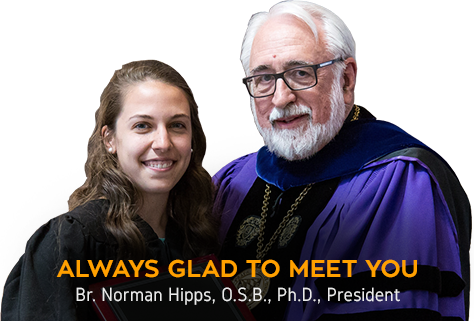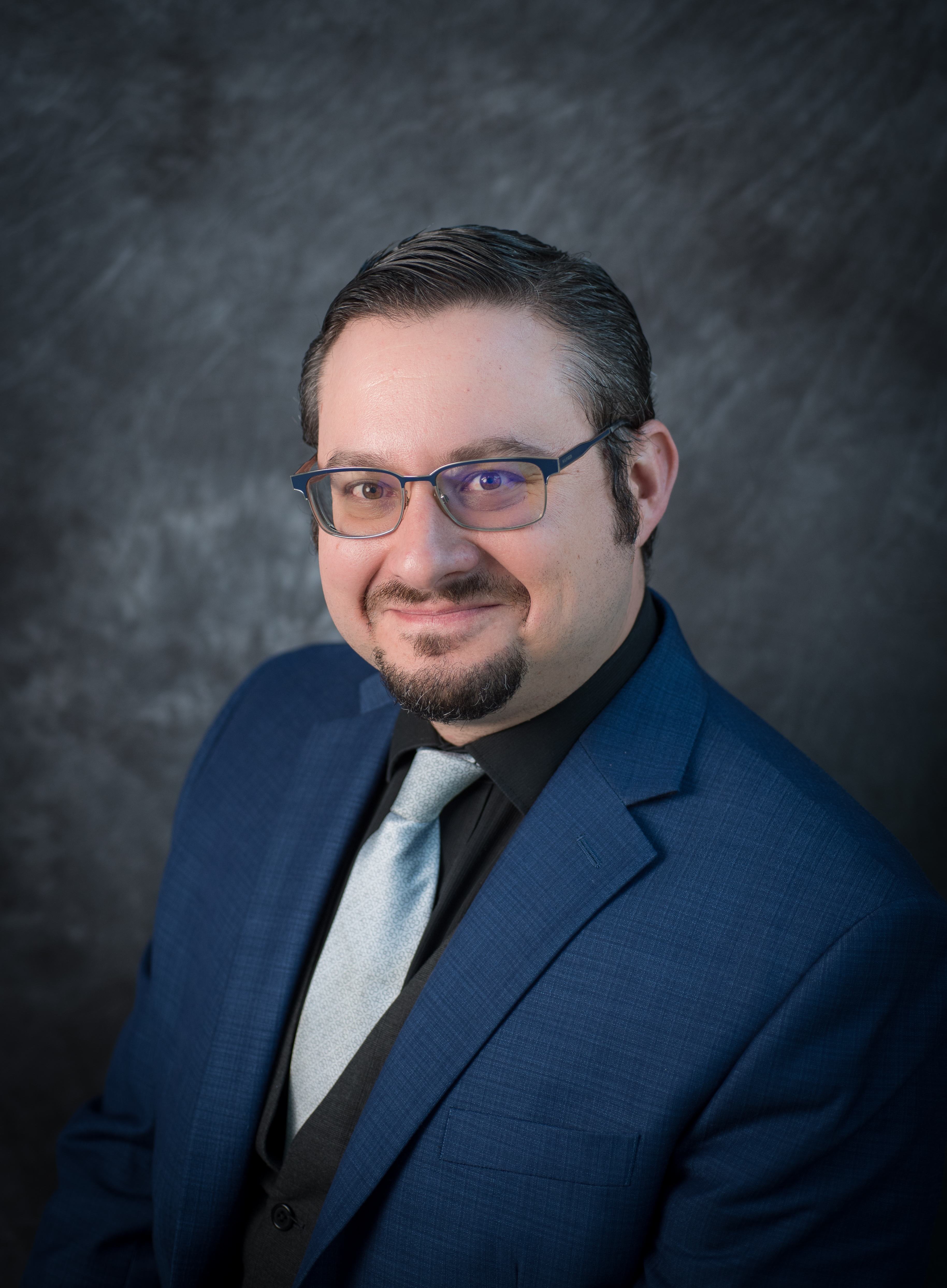In my last blog, I discussed linking research to classroom instruction. In this blog, I advocate the importance of classroom learning to students’ lives and careers outside of (and after) their formal education.
Whenever I plan my lectures, I always ask myself: “How can students use this?” Am I asking them to memorize a theory just so they can repeat it back, or is this theory useful because it will help them to explain some phenomenon they might experience in life?

Continuing formal education, regardless of the particular field of study, is important for several reasons. First, formal education expands minds and challenges assumptions, forcing us to think about the world differently. Second, education allows students to understand multiple and historical perspectives so that they have context for conversations and experiences that they might have in life (as well as to potentially improve decision making). Third, continuing education keeps participants current with how thoughts have progressed over time and why/how they’ve changed.
I am, however, less a fan of rote memorization when it is unnecessary and does not help to achieve the three objectives noted above. I try to avoid asking students to do this as much as possible in my classes because I think it’s important for students to reflect on and understand class concepts more deeply to make them meaningful – in other words, I hope that students consider how they can put what they learn to practice. Recently, I’ve reflected on how I’ve been challenged personally to put some of the management concepts that I teach into practice.
On the side, I play music in a jazz/horn rock band. We’ve been playing for 20 years and are gearing up to have our 20th Anniversary CD Release Show this spring. Over the years, we’ve played in more than a dozen states and opened for several well-known performers. In scheduling our 20th Anniversary Show and producing our eighth album over the past several months, I’ve been acutely aware of how some of the concepts I teach relate to the band. While there are many linkages between the classroom and being a part of the band that I could make, below are some major ones.
Teamwork is a big part of playing in the band. Recently, we were in the recording studio for our upcoming album and I saw us cycle between several of the stages of team development that I discuss in class as we worked on the project. In my undergrad organizational behavior class, we also talk a lot about what makes teams successful, how to build trust and how teams effectively handle conflict. During recording, I saw a lot of the traits and strategies covered in class play out during our process.
I also noticed the importance of organizational culture. Especially in my graduate classes, discussions emphasize how important the values and norms of a culture are in setting and accomplishing goals. The band I play in has a unique and strong culture – we all care about each other greatly and have a solid understanding of each other’s expectations of how we need to perform whether at a practice, live show or recording. It would be difficult for someone who does not know our culture to understand these expectations right away until they are immersed in our culture – this is common for most organizations and something discussed a lot in class.
Motivation is also important – in the context of the band, our members are motivated to perform and people are motivated to come hear us. As I reflect on what these motivators might be, I am reminded of several theories covered in class including expectancy, reinforcement, equity and goal-setting theories. I recognize many components of these theories when I think about what motivates the band and the audience.
My point here is that the topics covered in classes are important and applicable. I have seen phenomena in the classes that I teach not only in the band that I play with, but also in my professional career roles that I had before joining academia. I also see them in my consulting, volunteering and even personal interactions that I engage in.
Some of the most puzzling questions that I get from a few students (which occur most often in my organizational behavior class) are: “Will I ever use this in the real world?” and “How does this topic relate to my major or career?” I am puzzled by these because I clearly see the topics we talk about in class applying on a regular basis. I hope that ultimately everyone will one day see the importance of (not just my, but all) classes that they take. I challenge us all to find meaning and usefulness in our studies regardless of how different a topic might be from current interests or expected careers.
Have you ever experienced a class that you found to be extremely useful? What did you find most useful about it? How did it make you think differently? How were you able to apply what you learned to your life? I look forward to hearing from you at michael.urick@stvincent.edu, on social media (www.facebook.com/urickmj and www.linkedin.com/pub/michael-urick/a3/775/5b/) or in the comments below.


 中国学生
中国学生 Estudiantes
Estudiantes




